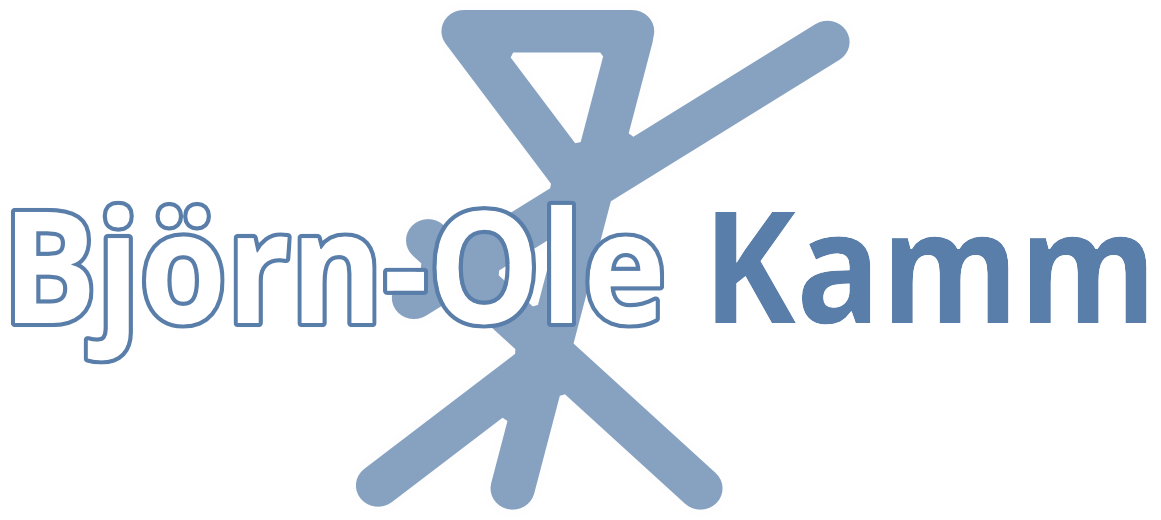Larp Run and RPG Panel
TRPG Festival is an event for everyone interested in playing and designing role-playing games, ranging from table-talk RPGs to live-action role-play (larp).
At the TRPG Festival 2018, I will co-host our edu-larp “Village, Shelter, Comfort” and give a presentation in an academic panel that we organized.
For detailed information on both activities, please see the links below.
“Village, Shelter, Comfort (Escape from Comfort)”(Edu-Larp)
Employing three parallel scenarios, this is a larp about feelings of comfort and safety pitched against the necessity to leave the source of these emotions behind.
Date & Time: September 1st, 17:00-24:00 (reservation necessary, TRPG Fes Website)
Potentials and Possibilities of Larp & TRPG seen from the Perspectives of Education, Developmental Support and Media Studies
Panel Abstract: Assembling international researchers from the fields of education, psychology and social sciences, this first academic panel at the TRPG Festival introduces their individual research and practical experiences with TRPGs and larp to show the possibilities of roleplaying in these various areas.
The talks are in Japanese or English, supported with bilingual presentation slides.
Date & Time: September, 2nd 9:00-11:00 (TRPG Fes Website)
Panel Introduction: PDF
Presenter and Discussant Information: PDF
Presentation Abstracts
■ 1st Talk: Communication Support using TRPGs for Children on the Asperger Spectrum
Children with a diagnosis on the autistic spectrum (ASD) are said to have no intellectual impediments but to suffer from difficulties in social communication, especially regards interpersonal relationships with children of the same age, fellowship creation and collective activities. The presenter has long engaged in supporting leisure activities of children with developmental disabilities through TRPGs for many years and could show a positive development in social communication among children through a series of studies where the children enjoyed playing TRPGs. Further, the quality of life (QOL) of these children, especially items such as self-affirmation and friendship, improved over the time of the studies. In this panel, he will introduce the results of practice and research so far and consider the effect and possibility of TRPG activities from the viewpoint of development support.
KATŌ Kōhei (Researcher, Faculty of Education, Tokyo Gakugei University)
Presentation Slides: PDF
■ 2nd Talk: Introduction to “Nordic Larp”
“Nordic Larp” as a framework or perspective emerged over the course of two decades from discussions at the Scandinavian larp conference Knutepunkt. “Nordic Larp” refers more or less to larps that have an artistic vision, a political message or an educational goal. This perspective may have started in northern Europe, larps following its ideas, however, are practiced all over the world, from Brazil to Syria.
This presentation will introduce the background and basic, if at times contested ideas of “Nordic Larp,” beginning “immersion” and “bleed,” through practice examples of larps that aim for an extra beyond “mere” fun.
Björn-Ole KAMM (Junior Associate Professor, Graduate School of Letters, Kyoto University)
Presentation Slides: PDF
■ 3rd Talk: Community Youth Work employing Larp, with Examples from Germany
Educational gaming is on the rise in Germany. It is becoming a popular method in local community youth work with children and young people of various social and intercultural backgrounds, with or without disabilities. RPG in general, and specifically larp, allows a very personal and emotional approach to important issue within the local community, such as school apathy, gender identity, inclusion, political education and media literacy. To understand and use modern media responsibly, the German approach to media literacy often uses an informal “learning by experiencing” strategy which can integrate smoothly into the storytelling aspect of educational RPG.
We will look at recent projects in Germany using larp and larp elements as a method in community youth work with a focus on media-cultural education in urban areas. What are the conceptual challenges for youth workers who want to carry out a larp with children and young people within their local district? How does the concept of media literacy fit into the RPG experience?
Denise PASCHEN (Graduate Student, Social Anthropology, Münster University; Social Worker)
Presentation Slides: PDF
■ Discussant: ISHIDA Kimi (Associate Professor, Faculty of Education, Yokohama National University)
Discussion Slides: PDF
.
